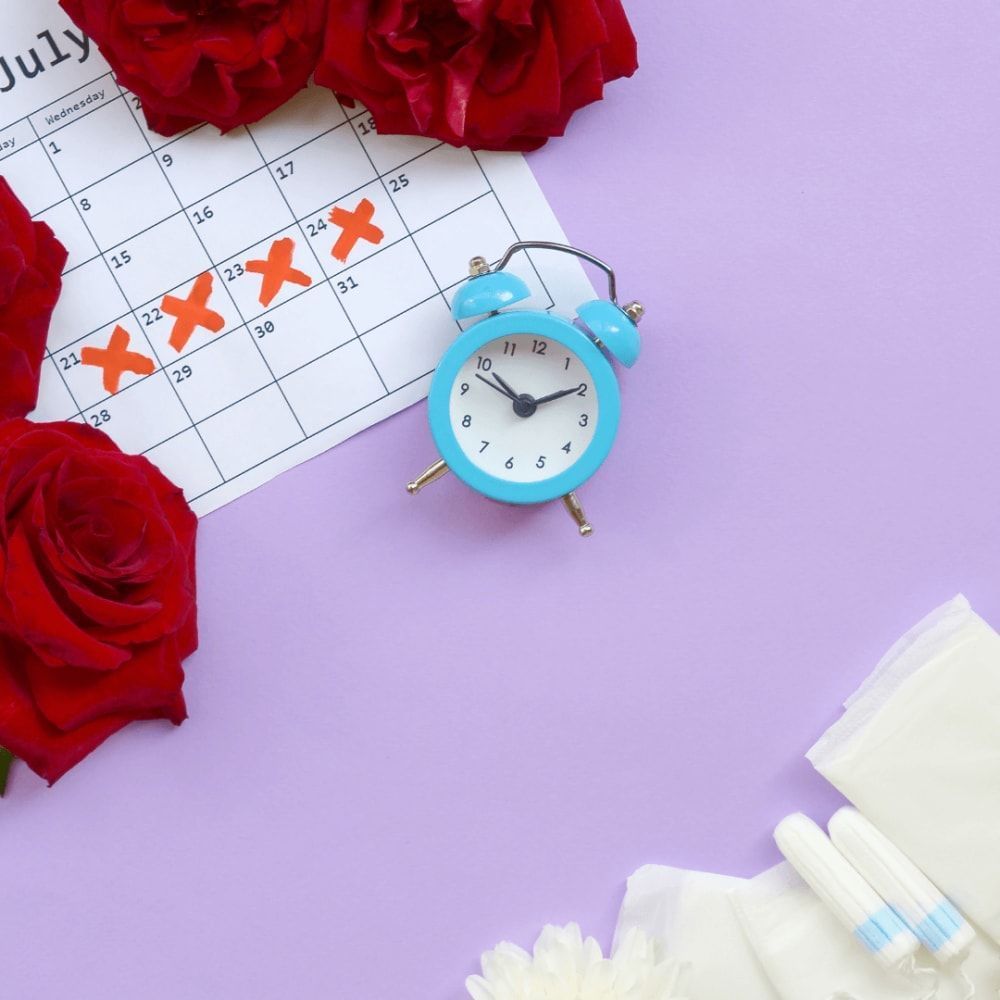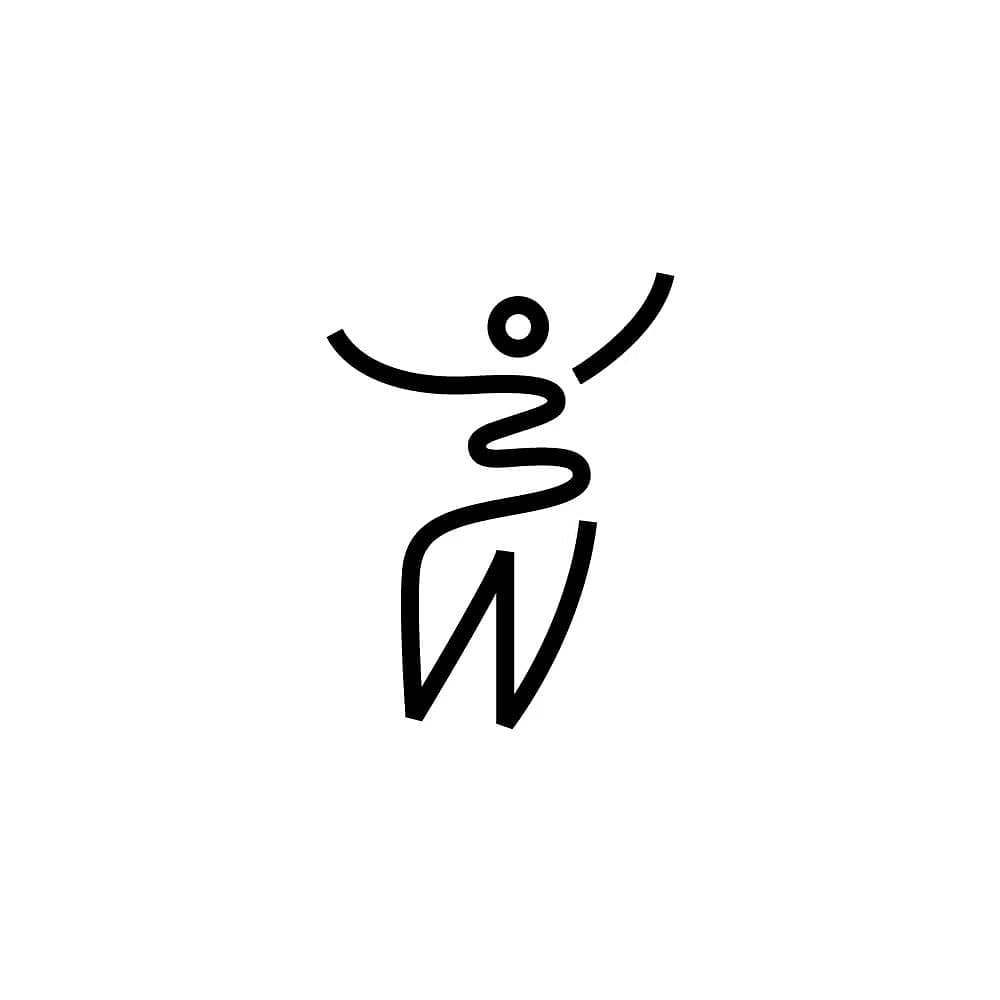12 Signs Your Period Is Coming Tomorrow - Bodywise
Menstrual cramps are a widespread symptom before periods start. It's the first and one of the most noticeable signs your period is coming tomorrow. Menstrual cramps typically occur in the lower part of the abdomen. They can also occur closer to your back and upper thighs.

Have you been feeling moody, sensitive, and have a slight throbbing pain in your abdomen? Women are no newbies to these symptoms as they’re some of the common signs your period is coming tomorrow. But just like anything else, even periods can be unpredictable.
Can You Feel Your Period Coming?
We all can feel our period coming with several common signs and symptoms but can’t always trust the period clock.
Sometimes when you feel you got your periods, it turns out to be just your usual discharge, and again when you least expect it, there you have it – a red smudge on your clothes.
Signs Your Period is Coming Tomorrow
If you have some symptoms but are confused if you should carry a pad or tampon with you to your office or class tomorrow, here’s a list of period symptoms you need to know to be prepared.
1. Premenstrual syndrome (PMS)
Premenstrual syndrome, or PMS, is the most common sign that you’re going to have periods soon. It includes some emotional and physical experiences that you may get around the week before your periods.
Apart from the other signs of periods in the list, you may also experience mood-related symptoms, such as:
- Irritation
- Lack of focus
- Crying spells
- Anxiety
- Depression
- Anger
- Slight cramping
2. Acne Breakouts
Your skin is the first place to let you know that your periods are due soon, even though not in the most desirable ways. Women often face period-related breakouts, also called cyclical acne, before periods.
These breakouts are common amongst women as they result from hormonal upsurges that increase sebum production, which in turn clogs the pores on their faces and results in pimples.
3. Mood Swings
Getting mood swings is another common sign of a period coming soon. While oestrogen is a hormone that can lift up your mood, the hormone level is known to drop a little just before periods.
This, along with a raised progesterone level, can make you a little moody or irritated in general just before your periods.

4. Cramps
Menstrual cramps, also called primary dysmenorrhea, are throbbing pain stemming from your uterus due to expanding and contracting muscular activities.
Just like mood swings and breakouts, cramps are a common symptom before periods.
Cramps can happen before or during the periods and can begin a week or 2 to 3 days before your menstruation.
Your abdominal cramps can often extend to your lower back and surrounding muscles and result in lower back pain.
For some women, lowering oestrogen levels can even cause joint pains.
5. Pain In The Breasts
Your breasts become sore or heavy and feel more tender just before your periods.
Changes in hormone levels before your periods often lead to mild pain in the breast and can be followed by some swelling and/or tenderness.
6. Food Cravings
Getting cravings for certain foods is one of the most common signs your period is coming.
You may crave something very sweet or spicy or comforting before your periods, just like during pregnancy.
7. Fatigue And Exhaustion
Fatigue is a usual sign that your periods are nearing. You may feel tired or sluggish for no reason and may want to rest more than usual.
This exhaustion is caused due to hormonal fluctuations affecting brain chemistry.
Also read: How to use Cinnamon for periods
8. Bloating
Water retention is a common symptom of this phase. You may notice your tummy bloating apart from experiencing tender breasts.
However, it’s of no concern and can be managed by cutting off salt and adding more fruits and veggies to the diet. Working out before periods can help with bloating too.
9. Constipation And Diarrhoea
It’s common to have an upset stomach before periods. If you are constipated or have diarrhoea and other physical symptoms, it’s a sign that you’ll get your periods soon, sometimes even the next day.
10. Increased Sex Drive
One of the symptoms that can suggest you may get your periods soon is an increased sexual desire.
You’ll find yourself feeling more sexual drive and in need of more intimacy, all of which is happening due to your hormones.
11. Sleeplessness
If you notice most of these signs and tossing and turning late at night, you can expect periods to happen almost the next day.
This is caused by changes in the brain’s chemistry due to hormonal changes and can last for a few days.
12. Changes In Vaginal Discharge
You may also notice changes in your discharge. For most women, dried-up discharge or less discharge is a very common sign of a period coming for them.

What to do to Manage Periods Signs and Symptoms?
At some point, every woman has wished she had some control over her menstruation. And this is something they all have discussed with others or secretly tried to look at on the internet.
It’s time we bring them to light and clarify once and for all – period signs and symptoms are not under your control.
Every female body is unique and differs in this matter too. But the good news is that some of the discomforts can be managed with some tips.
1. Do Some Light Workout
While resting is something, all would recommend, working out can actually help manage your periods.
Even though moving around and doing some exercise doesn’t sound as inviting as taking a nap, it helps in improving your blood flow, which in turn reduces cramps, bloating, and other period symptoms.

2. Eat Healthily
When you’re on your periods, avoid food that causes bloating or dehydration, like salt and caffeine. Including healthier options like fruits and vegetables can help reduce inflammation in the body.
Some also recommend eating dark chocolate during periods as it has a high magnesium content that relaxes muscles and helps with cramps.
3. Take Proper Sleep
Not sleeping enough can lead you to feel anxious and stressed. Stress is known to accelerate some premenstrual symptoms.
So when you are bleeding, ensure that you’re well-rested to avoid any menstruation fatigue. Breathing exercises or meditation can also help to relax.
4. Stay Hydrated
Unlike the common logic, drinking more water does not contribute to bloating. Staying hydrated can help you with abdominal pain caused by periods.
So make sure you’re drinking enough water while you are on your periods.
Signs of Period Coming Late
It’s easier to spot the signs of a period coming late, especially if you are used to having your periods on time.
You will quickly notice how your body communicates when you miss your usual period date. These include:
- Fatigue
- Headache
- Spotting
- Breast Pain
- Nausea
- Frequent urination
As we said earlier, every female body is unique, and the signs of late periods can differ slightly.

How to Get Period Soon
Wondering how to get a period soon? There are several ways you can induce your periods, using some dietary elements and other natural solutions like the following:
1. Vitamin C
An element in Vitamin C called ascorbic acid can induce periods, so taking foods containing Vitamin C, like citrus fruits, berries, spinach, etc., can help get periods soon.
2. Pineapple
Pineapple is a common household remedy amongst women who are facing delayed periods. It contains an enzyme called bromelain that affects oestrogen and induces periods.
3. Dong Quai
This is a popular Chinese herb that has been used as a part of natural healing remedies. This remedy improves blood flow in your pelvic area and can help induce periods.
4. Relaxation
Since stress is one of the primary reasons your periods could be delayed, involving yourself in activities that de-stresses you and helps you relax can greatly help regulate your periods.
How to Know When Your Next Period is Coming
Firstly, you need to know your average cycle length. For this, check the first date when you get your periods.
Add up the number of days between the first day you get your periods and the day before you get your next period. Do this for a number of cycles.
Next, divide the sum total of days by the number of cycles. The result is your average cycle length. Now you can count when your next period is due by counting the average cycle length starting from the last day of your previous cycle.
Summing Up on Signs Your Period is Coming Tomorrow
Women usually red circle the date on their calendars when their period is due next, and getting periods on even a day before or after can stress them out.
But the good part is that these symptoms are common and can be easily observed to keep track of.
There are some of the common symptoms for anyone wondering how to know when your next period is coming.
By observing these symptoms, you can be better prepared no matter when your period is due.
FAQs
I Got My Period a Week Early. What Does That Mean?
Early periods are a common occurrence when there’s been a lifestyle change or if you’ve done some strenuous workout.
Other reasons why you may be bleeding early can be due to other health conditions like PCOS (Polycystic Ovary Syndrome), endometriosis, puberty, premenopause, etc.
Does Your Temperature Rise Before Your Period?
Yes, you will notice changes in your core body temperature. While the average body temperature for most women is 96°-98°, it increases to 97°–99°F or about 4.5 tenths of a degree higher during ovulation.
Do You Get Really Dry Before Your Period?
A dry vagina is a common experience among women who are about to have their periods. There are several health reasons why you could be experiencing a dry vagina too.
But the usual reason behind this is the dwindling levels of oestrogen, the primary hormone that regulates this concern.
How Long Are You Supposed to Have Discharge Before You Start Your Period?
Girls usually start getting their menstruation a year or two after their breasts begin to develop.
They can experience white discharge for a couple of months before they actually start to bleed. You can also see some white discharge every month before periods that could be of varying consistency, colour, and odour.
References
- Matthew T Bernstein, January 2014; Gastrointestinal symptoms before and during menses in healthy women - https://bmcwomenshealth.biomedcentral.com/articles/10.1186/1472-6874-14-14
- RudyBowen, September 2011; Mood Instability in Women With Premenstrual Syndrome - https://www.sciencedirect.com/science/article/abs/pii/S1701216316350186?via%3Dihub
- Jana Hoyer, April 2013; Menstrual Cycle Phase Modulates Emotional Conflict Processing in Women with and without Premenstrual Syndrome (PMS) – A Pilot Study - https://journals.plos.org/plosone/article?id=10.1371/journal.pone.0059780

